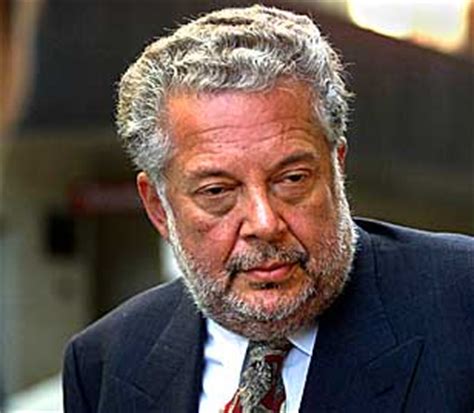A Quote by Charlie Munger
A lot of share-buying, not bargain-seeking, is designed to prop stock prices up. Thirty to 40 years ago, it was very profitable to look at companies that were aggressively buying their own shares. They were motivated simply to buy below what it was worth.
Related Quotes
The most common mistakes were investing in money market funds by people who were so scared at the prospect of managing their own funds that they picked the most conservative option, and their investments did not keep up with inflation. The second major mistake was being too heavily invested in their own company's stock, and buying when it was high and there was a lot of optimism about the company, and then having to sell it low when the company got in trouble.
Speculation in oil stock companies was another great evil ... From the first, oil men had to contend with wild fluctuations in the price of oil. ... Such fluctuations were the natural element of the speculator, and he came early, buying in quantities and holding in storage tanks for higher prices. If enough oil was held, or if the production fell off, up went the price, only to be knocked down by the throwing of great quantities of stocks on the market.
We think of prices as simply the notation of how much we must pay for things. But the price system accomplishes far more than that. Hundreds of millions of people buying and selling, and abstaining from buying and selling, generate a system of signals - prices to producers and consumers about relative scarcities and demand. Through this system, consumers can convey to producers their subjective priorities and entrepreneurs can invest accordingly.
Now take a look at the way the Drug War is conducted over the past 40 years. It goes back farther, but start from 40 years ago: There's very little spent on prevention and treatment. There's a lot on policing, a ton of stuff on border control and a lot on out-of-country operations. And the effect on the availability of drugs is almost undetectable; drug prices don't change on measures of availability. So there are two possibilities: Either those conducting the Drug War are lunatics, or they have another purpose.


































